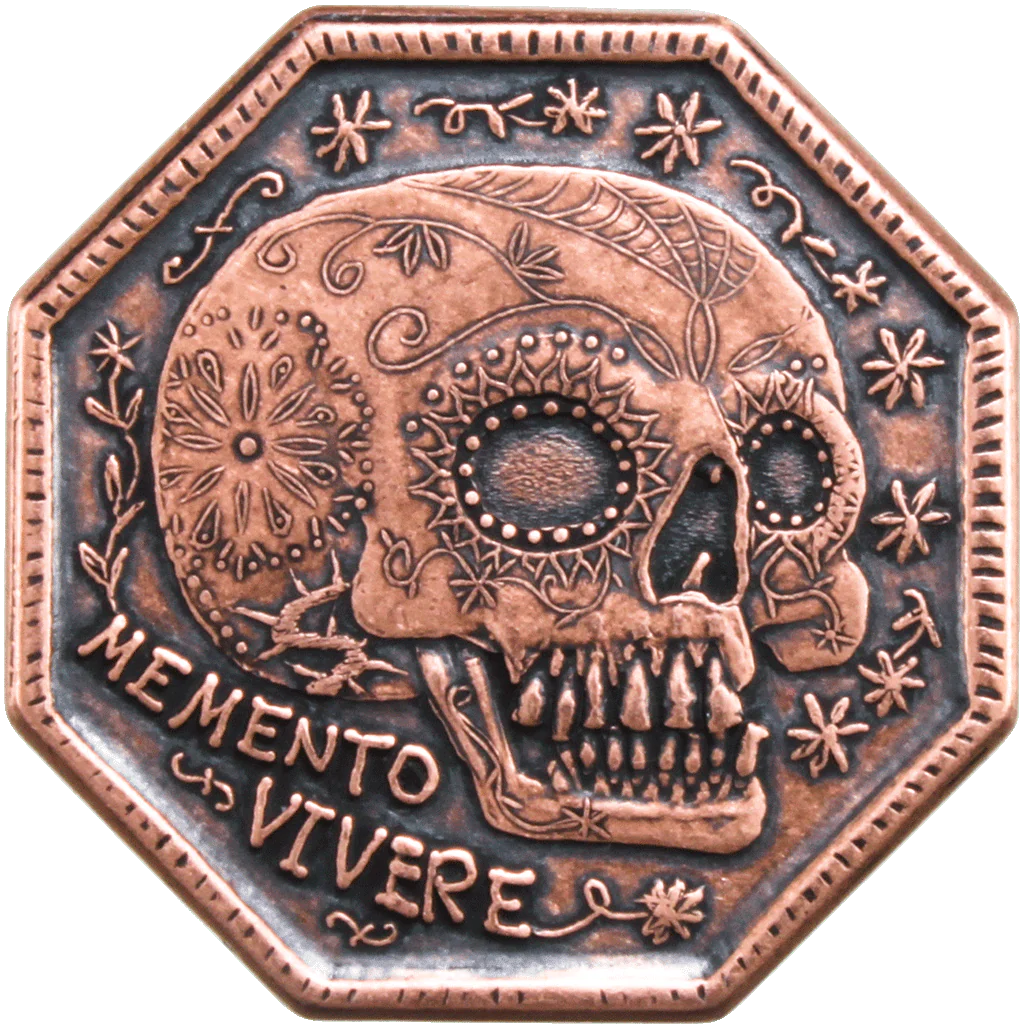The Origins of Memento Vivere
The phrase “memento vivere” stems from a long tradition of Latin expressions designed to remind people of life’s fleeting nature. While “memento mori” (“remember that you will die”) emphasizes the inevitability of death, “memento vivere” focuses on celebrating life. These two concepts often go hand in hand, offering a balanced perspective on mortality. If we keep death in mind, we can better appreciate the moments we have, but we must also not dwell too much on the end. The focus should be on making the most out of the present.
The Importance of Mindfulness
“Memento vivere” is deeply rooted in the practice of mindfulness. Mindfulness is about paying attention to the here and now, free from distractions and judgments. It’s not always easy to stay present in a world that’s constantly vying for our attention—social media, news, work obligations, and endless to-do lists can all pull us away from the present moment. Yet, by being mindful, we can reconnect with what really matters.
Imagine sipping your morning coffee, but instead of rushing through it while scrolling through your phone, you take a moment to enjoy the aroma, the warmth of the cup, and the taste of each sip. That’s memento vivere in practice: an awareness of and appreciation for life’s small, often-overlooked pleasures.
Memento Vivere in Everyday Life
- Savor the Small Moments: Often, it’s the simplest experiences that bring the most joy. Whether it’s spending time with loved ones, watching a sunset, or enjoying a home-cooked meal, savor these moments. They may seem insignificant at the time, but they are the building blocks of a fulfilling life.
- Prioritize What Matters: Take stock of what truly brings you happiness and fulfillment. Is it your career, your family, your passions? Redirect your energy toward those things that add meaning to your life and let go of what doesn’t serve you.
- Step Outside of Your Comfort Zone: Part of truly living is taking risks and embracing new experiences. Whether it’s learning a new skill, traveling to a new destination, or meeting new people, these experiences can lead to personal growth and richer memories.
- Disconnect to Reconnect: In today’s digital age, we’re more connected than ever—but are we truly connected with ourselves? Take time to disconnect from screens and reconnect with the world around you. Whether through meditation, a walk in nature, or simply sitting in silence, find moments to recharge and be present.
- Cultivate Gratitude: One of the most profound ways to remember to live is by practicing gratitude. When we focus on what we’re grateful for, we shift our mindset from one of lack to one of abundance. This helps us appreciate the present and live with a more positive outlook.
The Balance Between “Memento Mori” and “Memento Vivere”
At first glance, “memento mori” and “memento vivere” might seem contradictory—one urging you to remember death, the other urging you to live. However, they are two sides of the same coin. Remembering that life is finite can inspire us to live more fully. When we acknowledge the inevitability of death, we’re more likely to seize opportunities, cherish relationships, and avoid procrastination.
In essence, “memento mori” serves as the reminder that time is precious, while “memento vivere” is the call to make the most of that time. It’s about living without regret, embracing life’s fragility, and finding meaning in each day.
Lessons from History and Culture
Throughout history, the concept of memento vivere has echoed through various cultures and philosophies. Stoic philosophers, for instance, emphasized the importance of living virtuously and making the most of every moment. Seneca, a prominent Stoic, famously wrote about the fleeting nature of time, urging readers to live deliberately and meaningfully.
In more recent times, the concept is reflected in the philosophies of mindfulness, meditation, and even self-care. Many spiritual traditions, from Buddhism to modern wellness movements, emphasize the importance of living in the present and finding joy in the now.
The Modern-Day Relevance of Memento Vivere
Today, with the fast-paced nature of life and the constant pressure to “do more” and “achieve more,” the message of memento vivere is more relevant than ever. As we chase success, material possessions, and external validation, we risk losing sight of what truly matters: the experience of being alive.
Memento vivere encourages us to slow down, step back, and ask ourselves, “Am I truly living, or am I just existing?” It’s a powerful question, and one that can lead to significant changes in how we approach our daily lives.
Conclusion
“Memento vivere” is not just a phrase—it’s a lifestyle choice. It’s a reminder to live fully, to be present, and to find joy in the journey, not just the destination. By embracing this mindset, we can live with greater intention, appreciation, and fulfillment. Life is short, but it’s also filled with beauty, wonder, and countless opportunities to make the most of our time here.
So, the next time you find yourself caught up in the hustle, remember: “memento vivere.” Life is happening now—don’t miss it.
FAQs
1. What does ‘memento vivere’ mean?
“Memento vivere” is a Latin phrase that means “remember to live.” It serves as a reminder to appreciate life and live mindfully.
2. How does ‘memento vivere’ differ from ‘memento mori’?
While “memento mori” reminds us of our mortality, “memento vivere” focuses on living life to the fullest. Together, they offer a balanced perspective on life and death.
3. How can I practice ‘memento vivere’ in my daily life?
You can practice ‘memento vivere’ by being mindful, savoring small moments, prioritizing what matters, trying new experiences, and cultivating gratitude.
4. Why is mindfulness important in practicing ‘memento vivere’?
Mindfulness helps you stay present and appreciate the current moment, which is the essence of ‘memento vivere.’ It allows you to live with intention rather than getting lost in distractions.
5. How can ‘memento vivere’ help reduce stress?
By focusing on the present moment and appreciating life, ‘memento vivere’ can help shift your focus away from stress and anxiety about the future, promoting a more peaceful state of mind.

